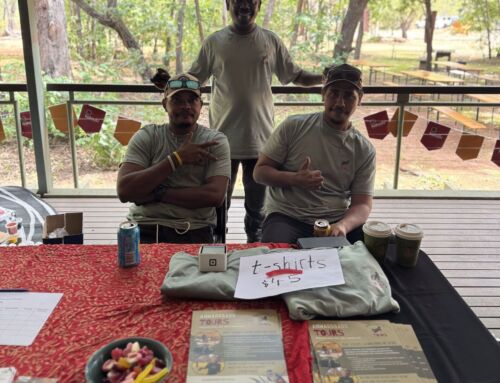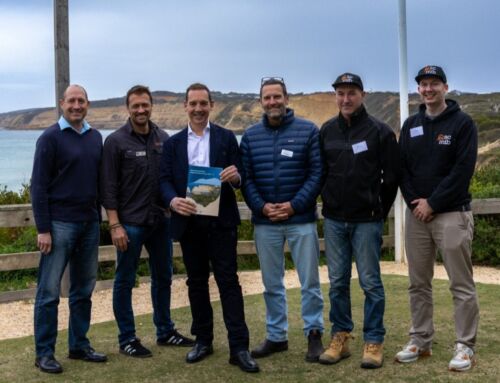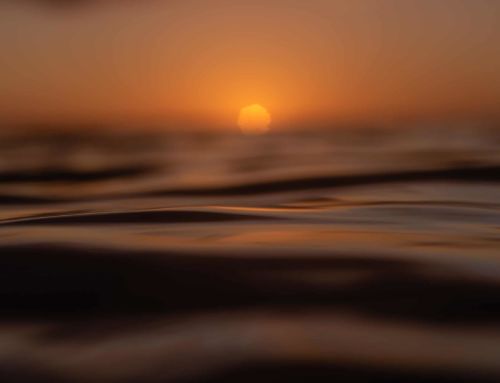A reflective editorial by Kylie Ruwhiu-Karawana, newly appointed Managing Director of TRC Tourism, and owner operator of an award-winning whanau-owned tourism business based in Ōtepoti, Dunedin. This unique dual role allows Kylie to offer a distinctive perspective on Cruise Tourism, blending industry expertise with the entrepreneurial spirit of a family-driven business.
Monday, 6th of November, 2023, we welcome the first cruise ship of the season into Port Chalmers, in the beautiful city of Ōtepoti, Dunedin. As a director of a whanau owned and operated tourism business in Dunedin, I find myself standing at the crossroads of opportunity and responsibility. Every year, we welcome an increasing number of cruise ships, with over 120 ships gracing our shores in the coming season. While the economic benefits are undeniable, it’s crucial to address the question that pops into my mind time and time again. Are we, as a sector and a country, striking the right balance between reaping the benefits and shouldering the burdens of the cruise ship industry?
For any tourism business, the pursuit of profit and growth is necessary for longevity and resilience, for family and community benefit. As a global citizen, however, and a parent of two teenaged children, I’m acutely aware of the state of our environment today and the world we’re leaving behind for our children. It’s a fine line to tread, and I believe it’s time to explore the concept of striking a sustainable balance for cruise tourism in New Zealand.
Dunedin, like many cities in New Zealand, is no stranger to the economic windfall brought by the cruise ship market. The loss of which over the ‘COVID Years’ left some of my friends and industry colleagues lives and businesses in tatters in its wake. The dollars spent by passengers and crew trickle through our local economy, benefitting not just operators like me, but also a wide range of businesses, from restaurants to retailers. However, it’s essential that this financial gain doesn’t overshadow the importance of maintaining a balance that incorporates social, cultural, and environmental responsibility.
So, we need to seek balance from a social responsibility perspective. The influx of cruise ship tourists into Dunedin provides an opportunity for cultural exchange, community engagement, and social enrichment. It’s our responsibility as hosts to ensure that visitors experience the warmth and manaakitanga that Kiwis are known for. This extends to providing cultural insights and fostering a sense of belonging for both locals and guests.
In our business, we share our rich Māori heritage and the unique cultural tapestry that is Ōtepoti, Dunedin. We feel that it is important to embrace these cultural treasures and share them with our visitors, ensuring that the cruise ship experience is not just about the scenery but also about the people and the stories that make this place special.
Moreover, it’s essential that the economic benefits of cruise tourism are equitably distributed among the community. This means creating opportunities for small local businesses, including indigenous artisans, local producers, hospitality and retail enterprises, and ensuring fair wages and employment practices for those working in the industry.
Then, striving for balance from a cultural responsibility perspective. Cruise tourists often disembark in search of authentic experiences and cultural immersion. We have a responsibility to facilitate this in a respectful and sustainable manner. By engaging with local Māori communities in a mutually beneficial way and incorporating their cultural wisdom into the cruise experience, we not only enrich the journeys of our visitors but also respect and protect our cultural heritage.
Cultural responsibility also involves being mindful of the impact of cruise tourism on the city’s heritage and historical sites. Preserving our landmarks and protecting our built environment should be non-negotiable. Engage with our taonga, our treasures, but in a managed and controlled fashion.
And we absolutely need to find a balance from an environmental responsibility perspective. Aotearoa, New Zealand is celebrated for its landscapes and breathtaking natural beauty. As tourism operators, it’s our duty to ensure that our operations do not harm the environment that draws visitors to our shores. This means adhering to strict environmental regulations, reducing our carbon footprint, and implementing sustainable practices.
We must also look beyond compliance and actively engage in initiatives that help protect and restore our environment. This can involve community clean-up efforts, wildlife conservation, and eco-friendly tour options that educate passengers about the fragility and importance of our ecosystems. As well as connecting our visitors with initiatives in our communities to provide a legacy opportunity and building the lifetime value of the visitor with our destination.
The challenge is to maintain a thriving cruise tourism industry that simultaneously upholds these three areas of responsibility. It’s not an easy task, and it requires cooperation among all stakeholders, from operators and local authorities to the passengers themselves. But the reward is immense: a sustainable and responsible cruise tourism sector that benefits everyone, without compromising the values and future of our city and our planet.
In Dunedin, we are blessed with natural wonders and a vibrant community. By embracing our communities and ensuring that we are working to build a positive social license for cruise tourism, we can welcome visitors to our shores in a way that respects our culture, cherishes our environment, and leaves a positive and lasting impact on all who have the privilege of experiencing our city.
It’s not a choice between profits and responsibility; it’s a path toward a brighter future where the benefits of tourism can be felt for generations to come. We are the guardians of our cherished destination, and it’s our duty to ensure it shines with promise for our children and the world.
As we welcome cruise ships to our beautiful city, let us remember that we hold the key to achieving balance, and to remember that with great opportunity comes even greater responsibility.






